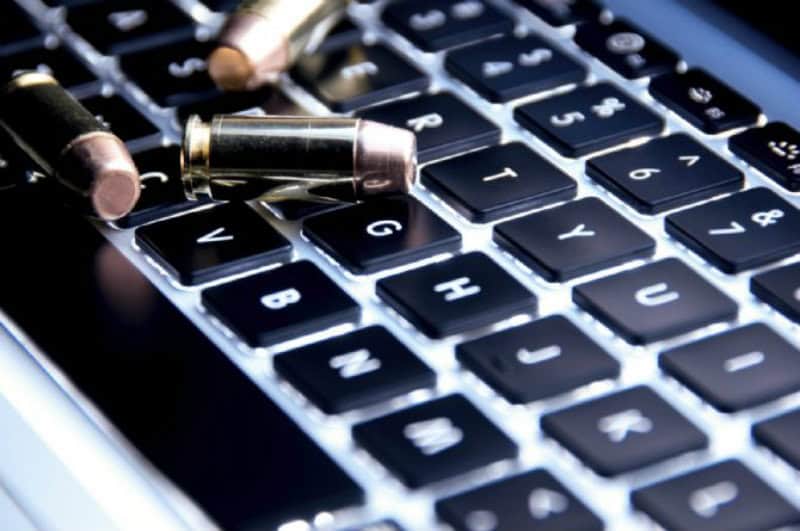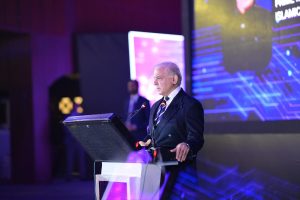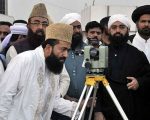BERLIN (Web Desk) – NATO Secretary-General Jens Stoltenberg has warned that the North Atlantic Alliance may react to future cyber attacks by deploying conventional weapons.
“A severe cyber attack may be classified as a case for the alliance. Then NATO can and must react. How, that will depend on the severity of the attack,” Stoltenberg said in an interview published by Germany’s Bild newspaper on Thursday.

The former Norwegian PM told the newspaper that the alliance needed to adjust to the increasingly complex series of threats it faces, which is why NATO members have agreed to defend against attacks in cyberspace just as they do against attacks launched against targets on land, in the air and at sea.
In early June, the German military’s top brass announced that all 28 NATO member states would likely agree to declare cyberspace an operational warzone, during the Warsaw summit, to be held in the Polish capital on July 8-9.
Individual members have already made similar announcements, including the United States, which said in 2011 that it would respond to hostile attacks in cyberspace as it would to any other threat.

However, Stoltenberg appeared not to mention how the alliance plans to determine the assault’s origin, which is a major challenge when it comes to sophisticated operations since hackers are capable of launching and routing attacks worldwide.
Military analysts say the question of how to respond to cyber-attacks is a thorny one. “Attribution for the attacks can often be murky, making it very hard to prove accurately the original source. And even if the location of an attack is identified, a nation can claim that the attacks came from a rogue individual and not a government,” said Aaron Mehta, a Pentagon correspondent for Defense News.
NATO officials often cite Russia’s increasing military might as posing a threat, although Moscow has always maintained that its weapons serve solely defensive purposes. In addition, Russian authorities have also been accused of launching complex cyber-attacks against other countries as part of what NATO calls “hybrid warfare.” Moscow has repeatedly denied these claims.
In March, Communications Minister Nikolay Nikiforov told RT that the US government and a handful of corporations working under US jurisdiction have a disproportionately strong influence on the internet.
“[T]he whole world… is actually totally dominated by a single country and literally by several companies, which have practically monopolized the entire IT system,” Nikiforov said.
“With this prolonged monopolization, many countries in the world are working on technical solutions that would protect national segments of the internet from a possible external destructive action. They are creating backup infrastructures, which respond to a disruption – intentional or accidental – and prevent national segments from being blocked,” Nikiforov added.














